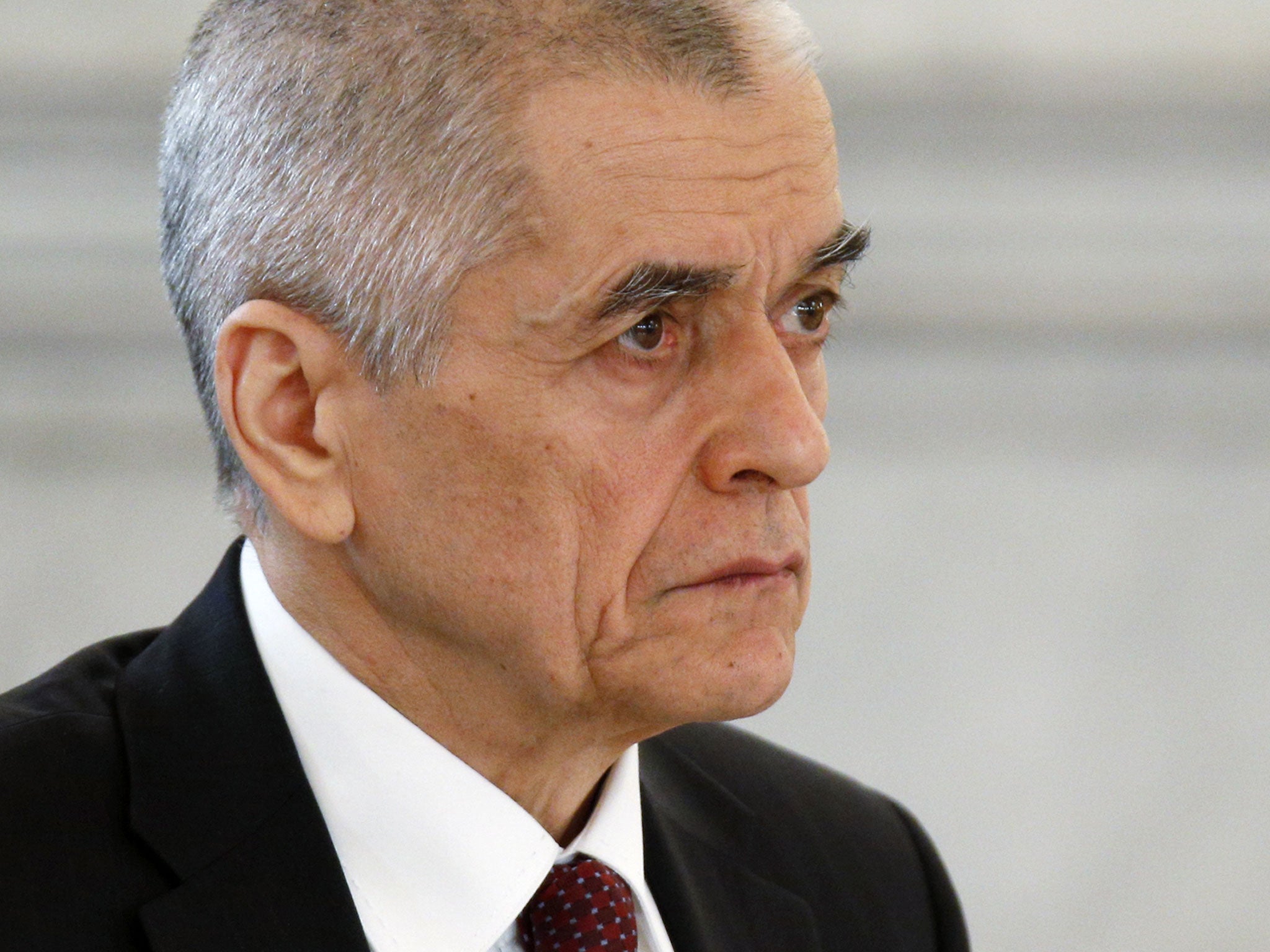HIV/Aids: Top Russian scientist accuses research community of snub
Medvedev adviser complains that regional meeting had been held at Aids 2014 Conference without Russian representation

Russian scientists have accused the international Aids research community of harming people affected by HIV in the region with a “destructive” attempt to isolate Russia.
In accusations which have been strongly rebuffed by the International Aids Society, a senior member of the Russian Science Academy complained that a meeting on the state of the HIV epidemic in Eastern Europe and Central Asia (EECA) had been held at the Aids 2014 Conference in Melbourne without Russian representation on the panel.
Gennadiy Onishchenko, an advisor to the Russian Prime Minister Dmitry Medvedev, said that the alleged snub was “a bright example of...a destructive approach that is futureless for the people affected by the epidemic”.
However, the IAS has said that the director of Russia's Federal Aids Center, Professor Vadim Pokrovsky, had been invited to attend the session and formally accepted, but confirmed 10 days before the conference began that he would not be attending.
Two other participants from the EECA region did not attend Aids 2014 after their flights were cancelled when Ukrainian airspace was closed following the MH17 crash last week, the IAS said in a statement.
The row comes after at the close of a conference which has seen Russia strongly criticised by many within the HIV/Aids research community, over last year's introduction of punitive anti-gay laws. The deaths of six conference delegates in the MH17 crash has also overshadowed the conference, with pro-Russian separatists in eastern Ukraine accused of shooting down the plane.
Eastern Europe and Central Asia are one of only two regions of the world where the HIV epidemic is currently expanding, with increasing rates of new infection year-on-year. There were 22,400 Aids-related deaths in Russia in 2013, up by nearly 2,000 on the previous year.
Responding to the Russian criticism on Friday, the incoming IAS president Professor Chris Beyrer said that the session in question had been organised because of “profound concern” about the HIV situation in the region. He also said he was worried that any attempt by Russia to isolate itself from the global fight against Aids would have a severely damaging effect on the fight to eradicate the virus.
“They were not excluded, we did our very best to include them,” he said. “I think this is rather an unfortunate incident but it is an example of a trend that we are more concerned about. We think it is critically important that Russian scientists, Russian clinicians and Russian people living with HIV are able to access the international community and are able to participate and be part of our global response to HIV.”
Join our commenting forum
Join thought-provoking conversations, follow other Independent readers and see their replies
Comments